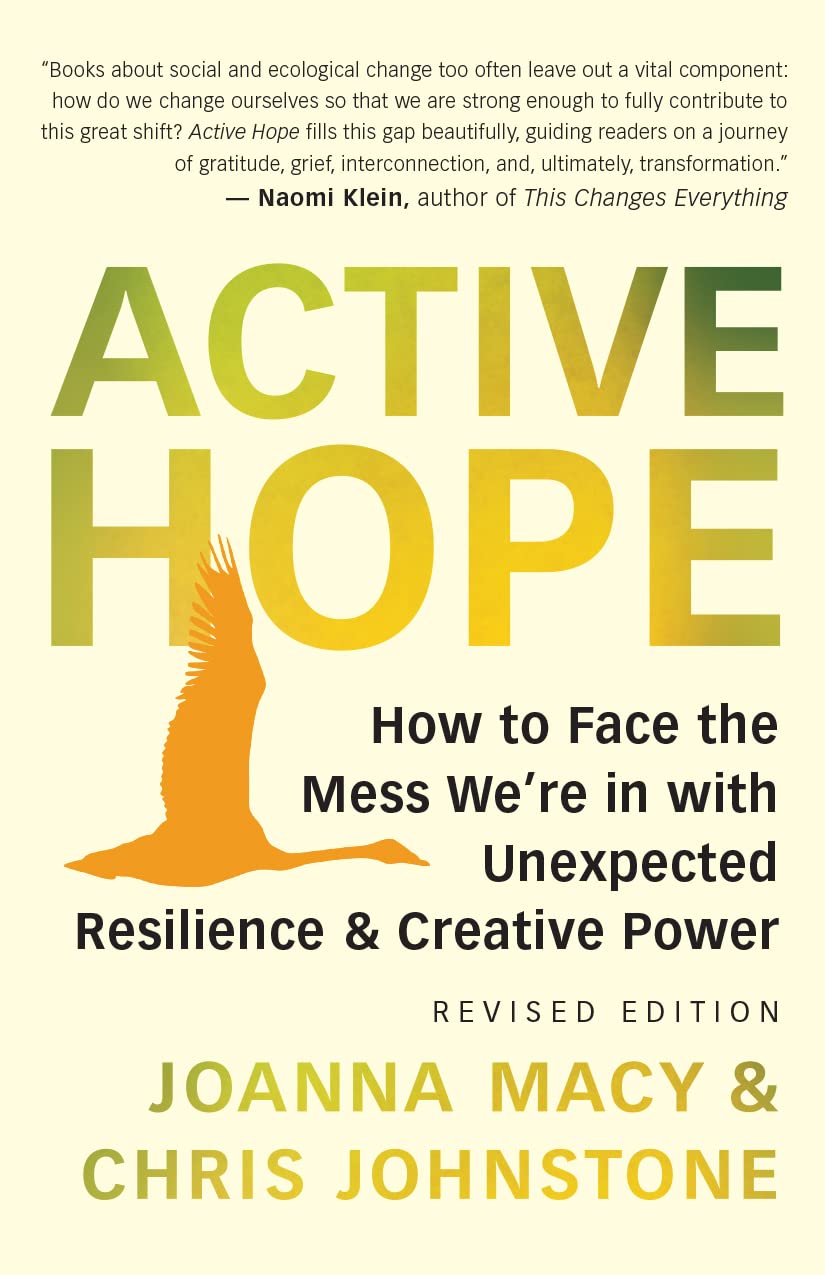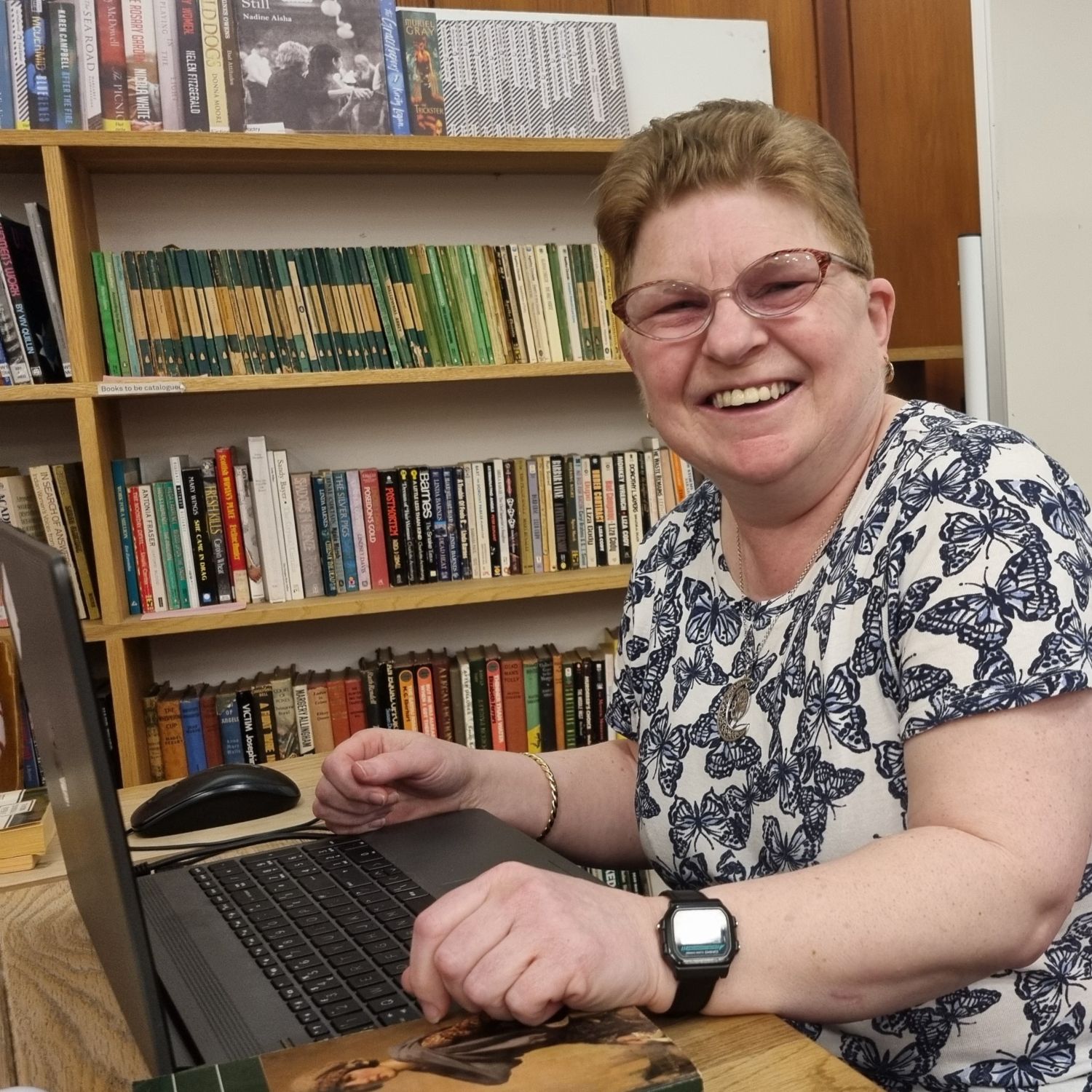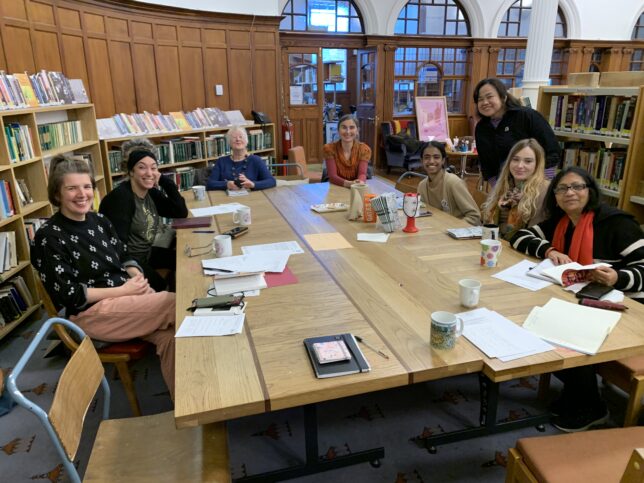On Friday afternoon from 2.30 – 4 p.m., we will be on Twitter to answer your questions about nature writing, how to query an agent and the road to publication. We’ll also be recommending some great books and offering advice for nature writers looking to get published. You can ask us questions in advance using the hashtag #OpenDoorNanPrize or you can DM us if you’d prefer to keep your question private (our DMs are open).
There is no one right way to get your book published. And, honestly, lots of successful publication stories tend to have a big dose of good luck and/or good timing which isn’t something that you can predict or work on. However, there are a few things you can do that are in your control. There are some great guides online about how to get published and you can see some of them here to get you started: https://nanshepherdprize.com/resources/tips-on-getting-started/. And here we’ve put together a handy guide on how to get your writing about nature and the environment published.
What is nature writing?
“Nature writing can be defined as non-fiction or fiction prose or poetry about the natural environment.”
This is actually its definition on Wikipedia.
For the purposes of the Nan Shepherd Prize, we only accepted non-fiction prose submissions, but, in general, nature writing can mean many more things and cover lots of different ideas. As such, there’s a whole variety of approaches to writing a book in this genre. Different types of nature writing books can include: factual books such as field guides, natural history told through essays, poetry about the natural world, literary memoir and personal reflections.
Typically, nature writing is writing about the natural environment. Your book might take a look at the natural world and examine what it means to you or what you’ve encountered in the environment. You could frame this idea through a personal lens. Perhaps you want to take a more focused or factual approach and look at individual flora and fauna in detail. Recent books that we’ve enjoyed have looked at topics such as beekeeping, owls, social and cultural history, trees, swimming, and cows, and have offered personal observation and reflection on their chosen topics.
You might be writing about the landscape, from farming to remote islands or city life. You may want to write about the fauna and flora of a whole region, or just one animal or a single tree. You don’t need to go out into the wilderness to write about nature and you don’t need to be hiking for three months in a remote area either. Most importantly, we believe the best books on nature writing convey a clear sense of place and mainly focus on the natural world and our human relationship with it.
Reading
This may sound obvious, but it’s incredibly useful to read books when you are starting to think about getting published. You can start by reading the big books/modern classics in the genre. Or you can start by reading the books that you feel are in some way similar to your own book idea. Do also widen your reading to the more general genre of narrative non-fiction (or poetry). The more you read, the more you’ll be able to see where your book idea would fit.
Reading is also a great way to get inspiration if you think you have a strong idea, but you’re not quite sure what shape the book would take. Writing about nature doesn’t automatically mean that every single word of your book has to reference nature. Rather, nature is part of the narrative of the book – as much as the memoir element, or travel element, or any other theme – and so reading general narrative non-fiction is really good for you too. If you’ve loved a particular book, then try to see how the primary and secondary themes are organised. You can also look at the structure of the book and the style of writing.
As we’ve been finding while researching books to feature in our (mostly weekly!) Book of the Week, it can be hard to find books from a diverse range of authors. While we are beginning to see change in this regard, we tend to find the same books appearing in prize longlists, promoted on retailer websites and receiving reviews in newspapers and magazines. It takes quite a lot of research, but the books and the writers are out there. One of the things we’ve found incredibly useful is to follow the writers we love and see what they recommend. Most of the books we’ve featured on our Book of the Week “slot” comes from recommendations by authors we love.
Here is a non-exhaustive list of nature writers and books you may want to check out (with a link to our Book of the Week): https://nanshepherdprize.com/resources/who-to-follow-and-what-to-read/
You can also read nature writing prize shortlists/longlists: https://nanshepherdprize.com/resources/prizes/
Or visit book festivals: https://nanshepherdprize.com/resources/book-festivals/
Writing and rewriting
It is really important that you do write. Writing isn’t just about the perfect words, it takes a lot of practice, and sometimes a lot of “bad” words to make good ones. Writing is a lot about editing and honing what you have written, and it takes a long time to get right. There is a lot of work that goes into a book. The books you buy have likely gone through many drafts before you start reading. Typically, a book will be revised by the author before they send it to their agent, then the agent will likely work with them on an edit, and then, when the book has been bought by a publisher, the writer will again receive more notes on the manuscript from their editor. Don’t get discouraged if you pick up a nature writing book in a bookshop and think you’ll never be able to write something as good as this book. There aren’t many first drafts which get traditionally published with no editorial input.
Want to add to your writing CV so that your writing is more attractive to agents and editors? Many writers have made their start by pitching articles on the subject of the book they’d like to write. For example, Amy Liptrot wrote for Caught by the River before being published by Canongate Books and Kerri ní Dochartaigh was first noticed by her agent Kirsty McLachlan when she published an article in The Clearing. We’ve compiled a (non-exhaustive) list here of the opportunities that are out there:
https://nanshepherdprize.com/resources/magazines-and-awards/
You can also go on writing retreats: https://nanshepherdprize.com/resources/writer-retreats/
Submitting the book to agents
When we first had the idea for the Nan Shepherd Prize, we knew that we wanted the submission to be similar to what aspiring authors are asked to send to agents, so we asked entrants to submit a book proposal. We wanted to break down the brief and we provided guidance on how to put together a good proposal. Broadly speaking, non-fiction titles are submitted and sold to publishers and agents on proposal. This proposal will usually feature a biographical note, a synopsis, an outline of the whole book with a chapter breakdown and a few sample chapters that show off your writing. Each publisher and agent will have different submission policies and requirements, so you should aim to tailor your work every time you send it for consideration.
We created a resource breaking down the brief for the prize and looked at how to create a proposal: https://nanshepherdprize.com/resources/breaking-down-the-brief/
If you already have your proposal ready and are looking to query agents, here is a handy list of some UK agents who represent nature writing. Some of them have answered our questions with advice on writing and what they love to see in nature writing:
https://nanshepherdprize.com/resources/agents/
It can be a good idea to draft a list of agents that you think you might like to submit to and separate them out into different groups which you can approach in different waves. Some agents send feedback when they reject a book and offer ways that you could improve your proposal. You may use this feedback to reshape your proposal and then you can send out this version to your next wave of agents. You don’t want to receive rejections from all the agents you were keen to contact on a proposal you were able to improve after one round of feedback.
Most of the time, agents reject a book because they know that they aren’t the best agent for it. It doesn’t necessarily mean that the book idea or the writing is bad, it’s just not for them. Do keep this in mind when querying and getting rejections. We know it can feel incredibly dispiriting to get several rejections, but do try to stay positive. The road to publication is a hard (and often, long) one. For every success story of a book that has gone on to sell at a big auction with several publishers competing to buy it, there are hundreds of books that nearly didn’t get published and received many rejections before finding the right home. At the end of the day, you only need one yes from an agent or a publisher.





